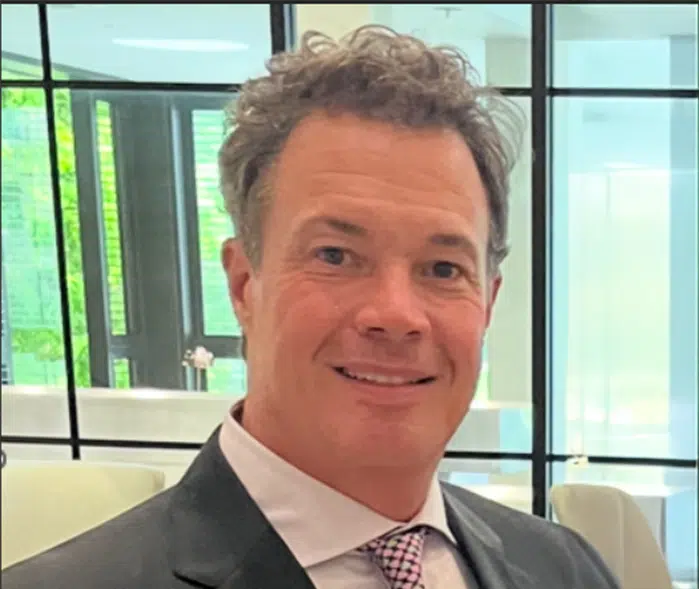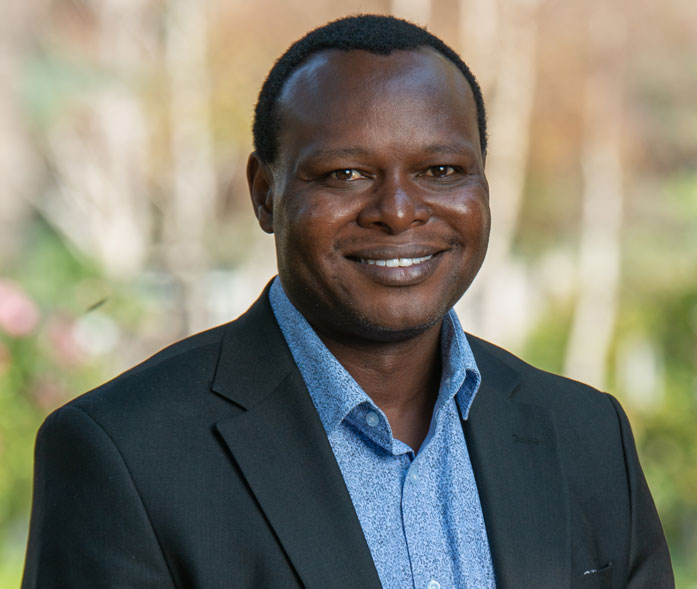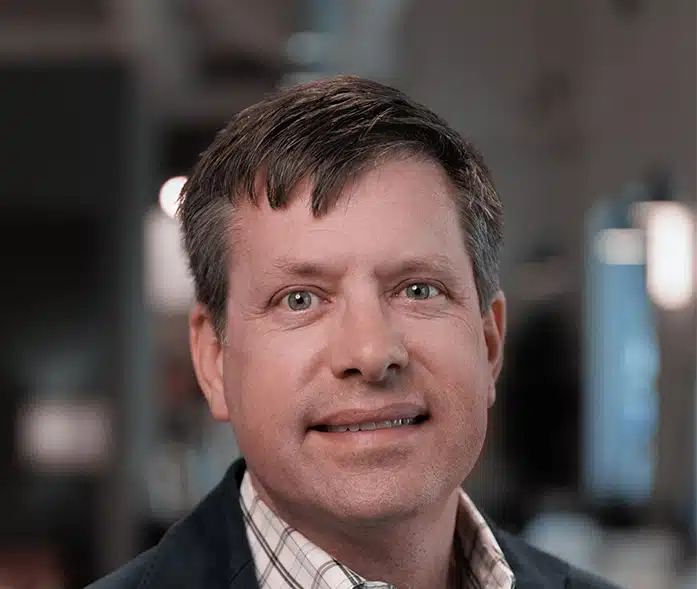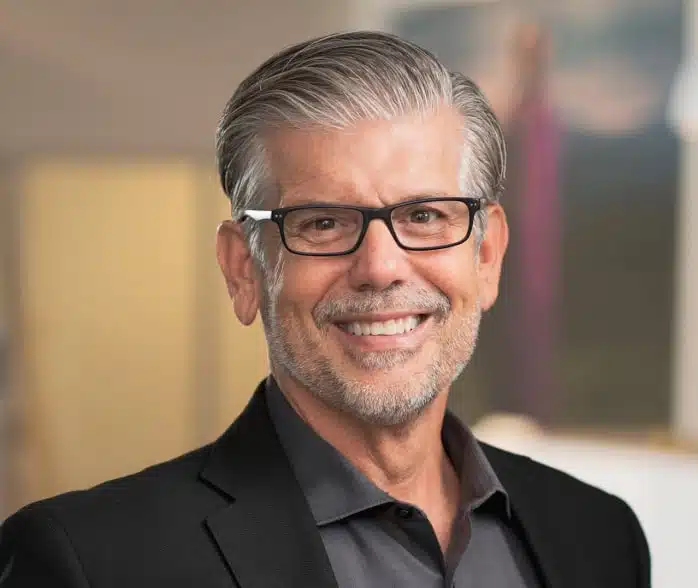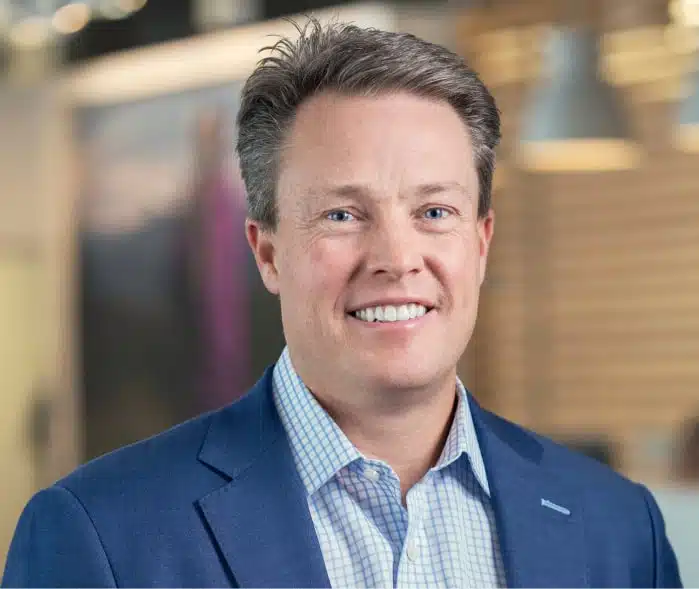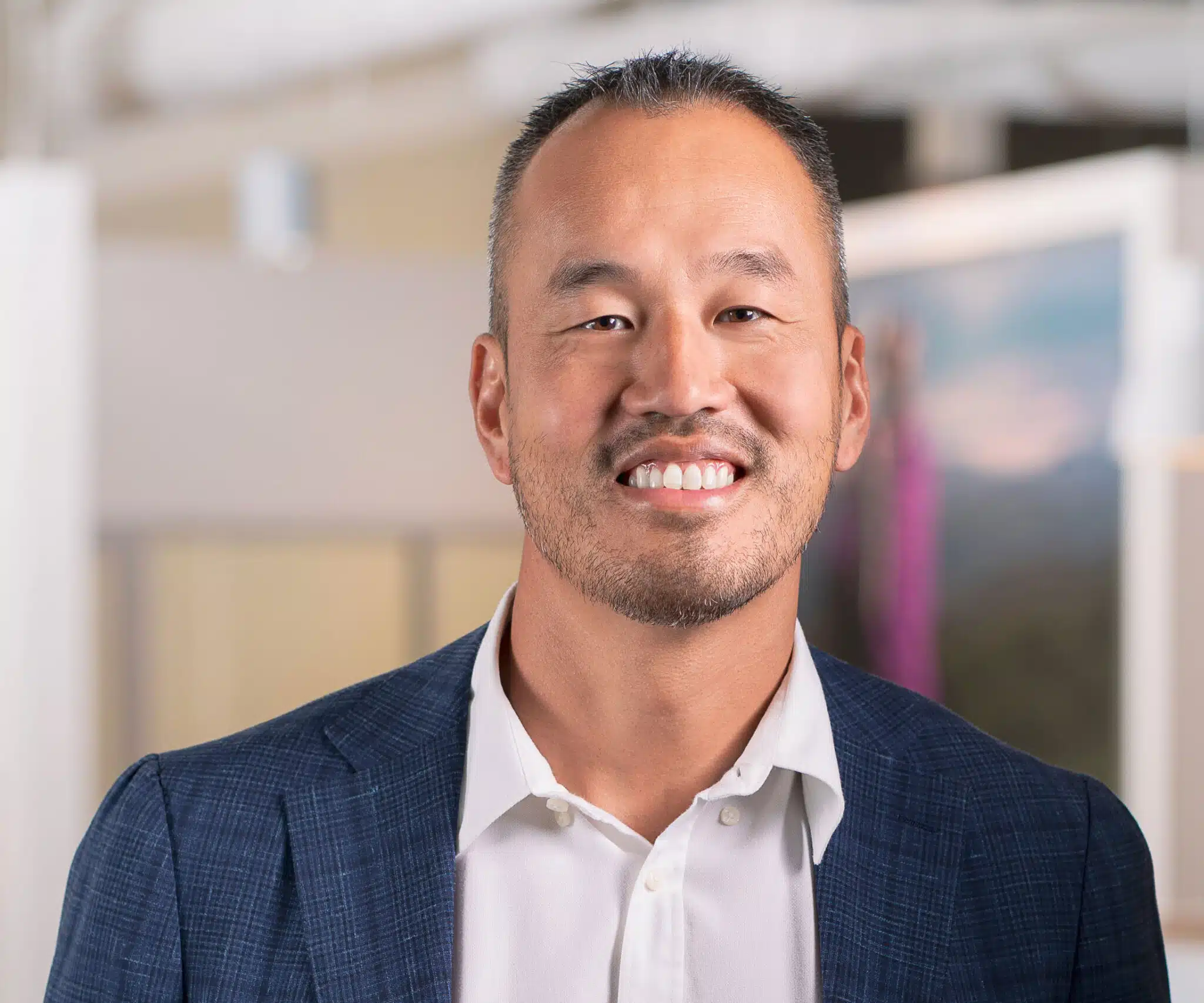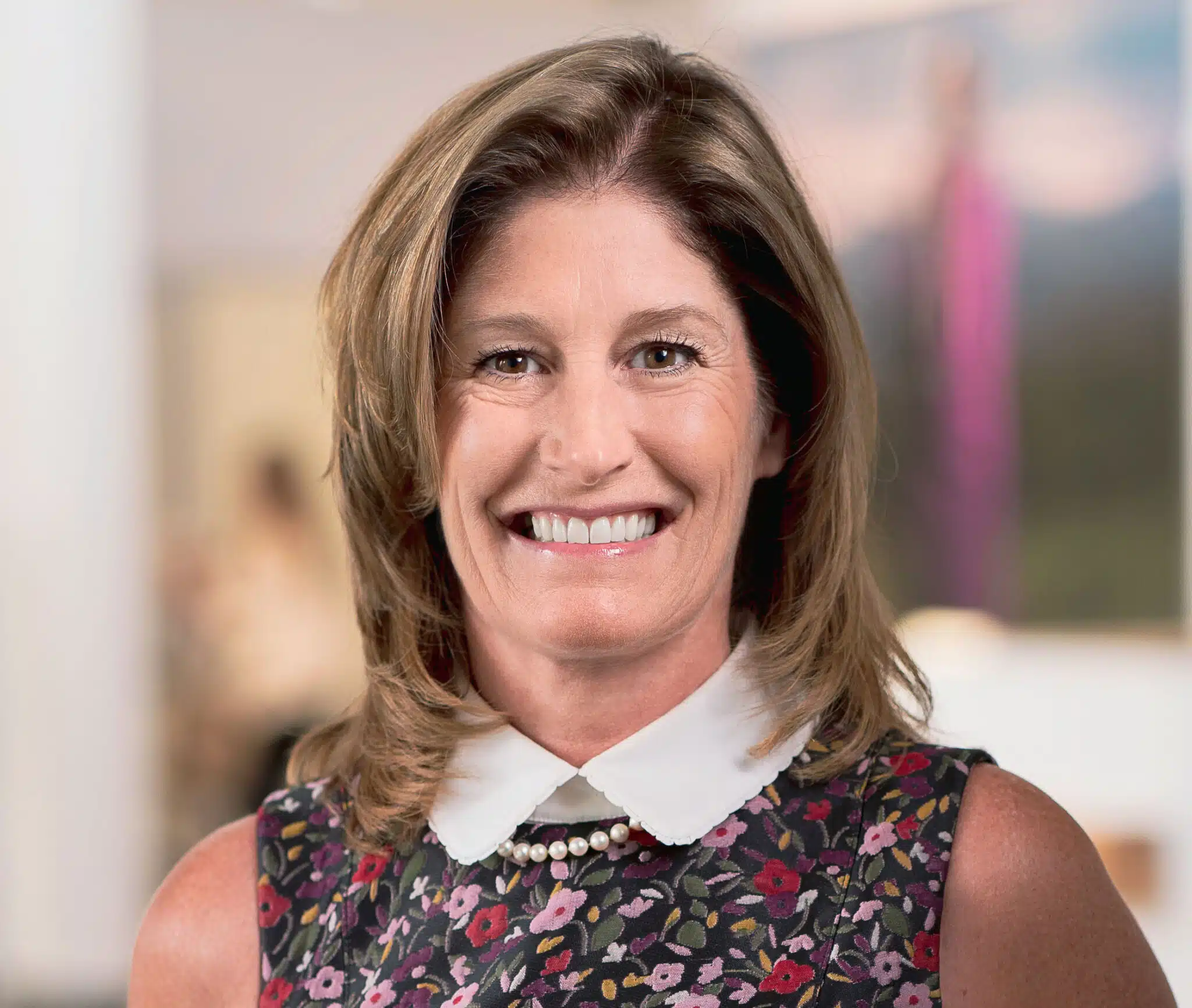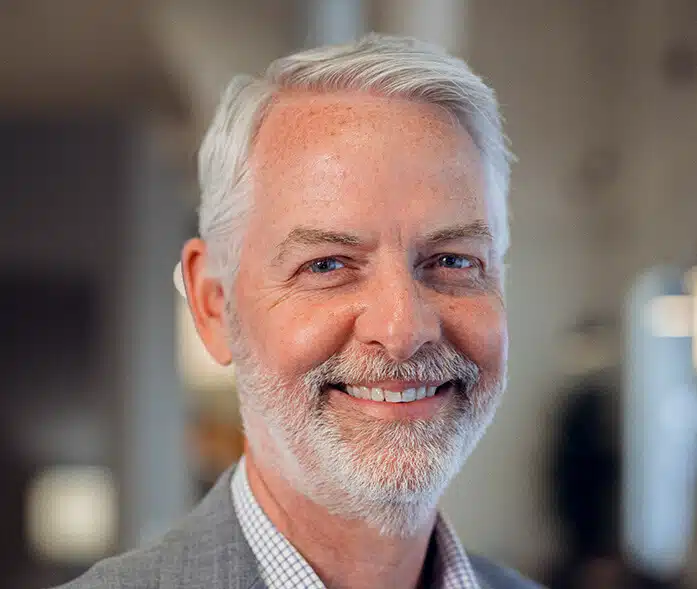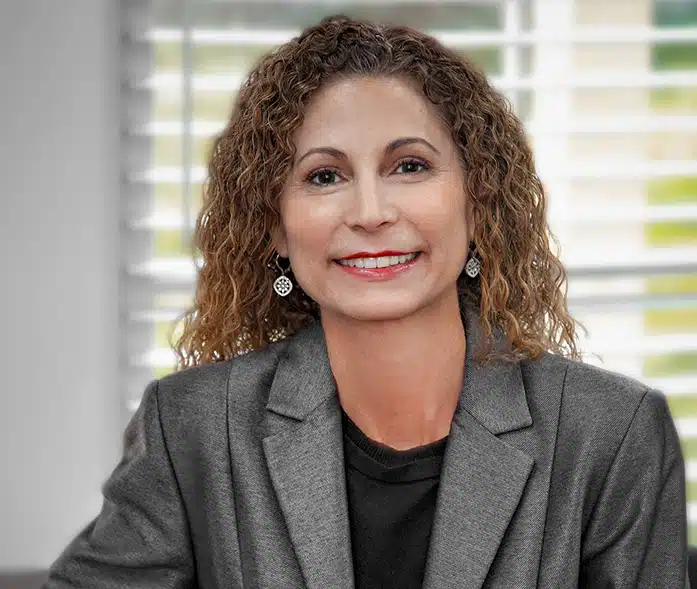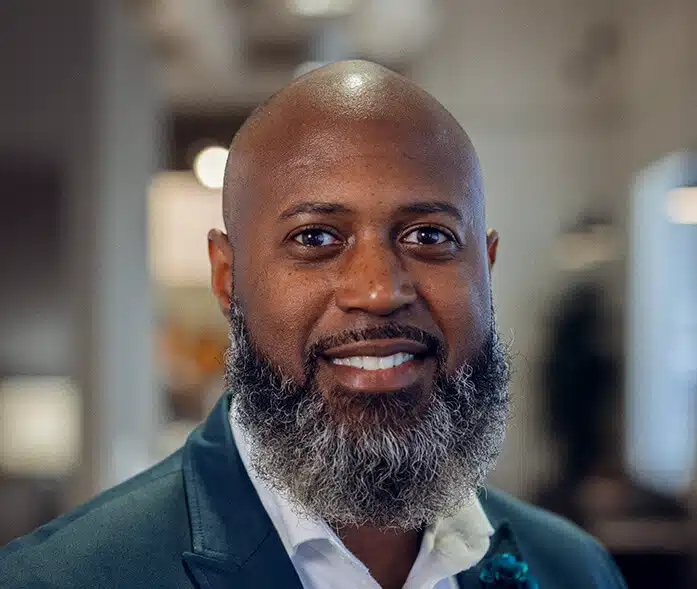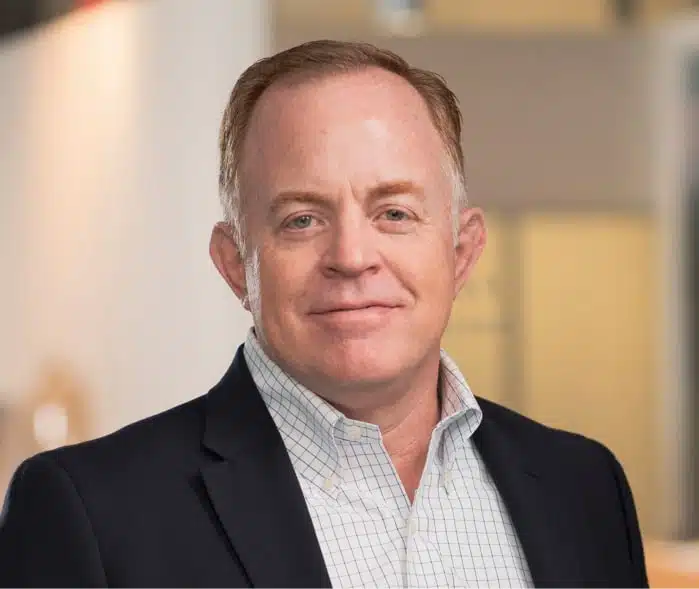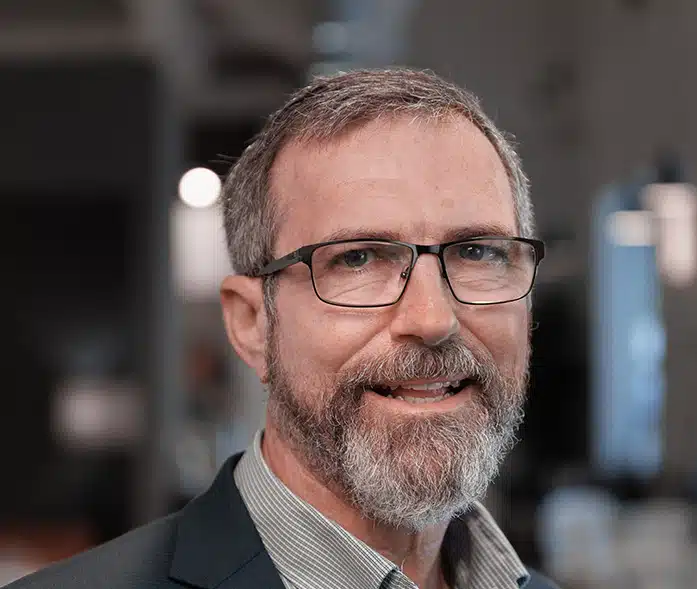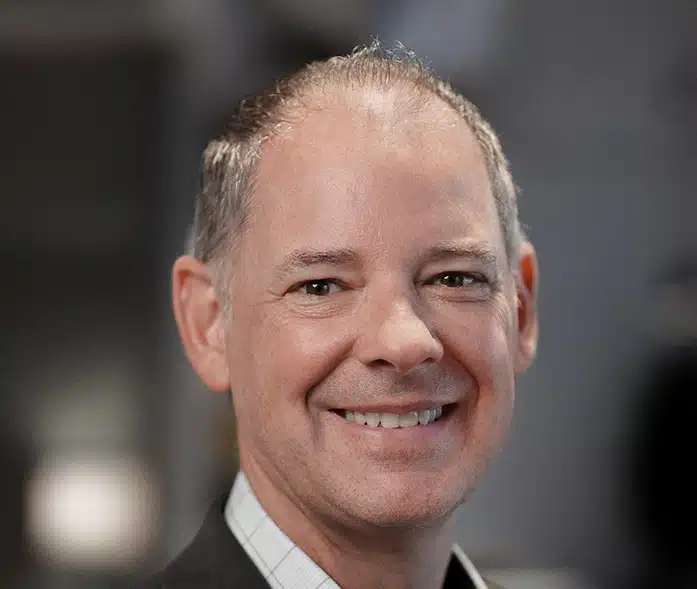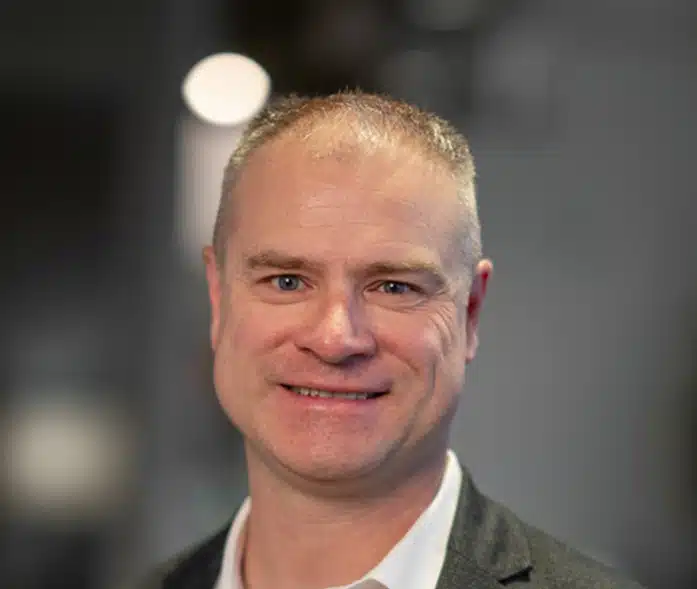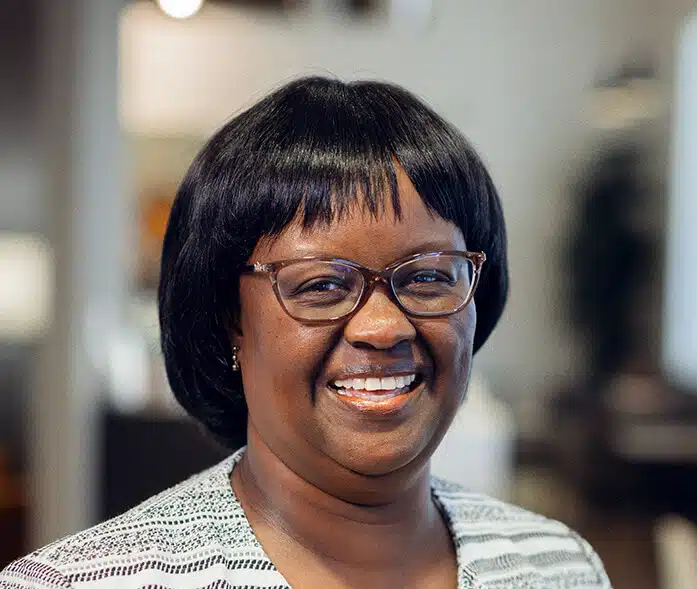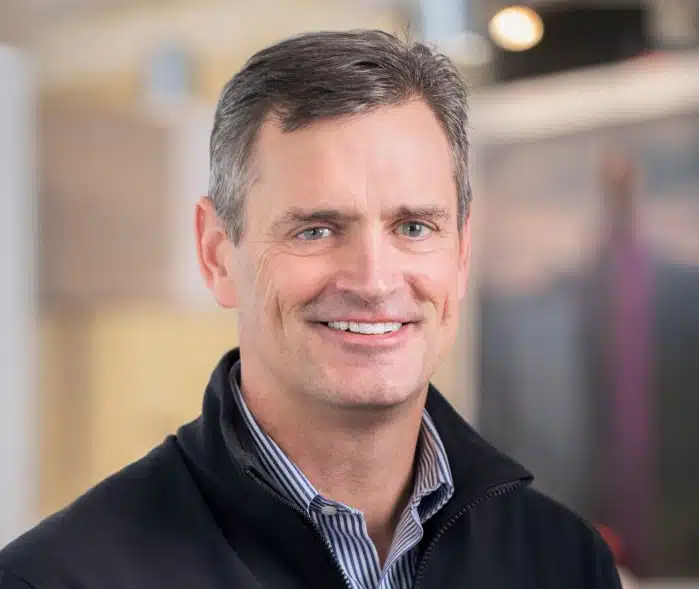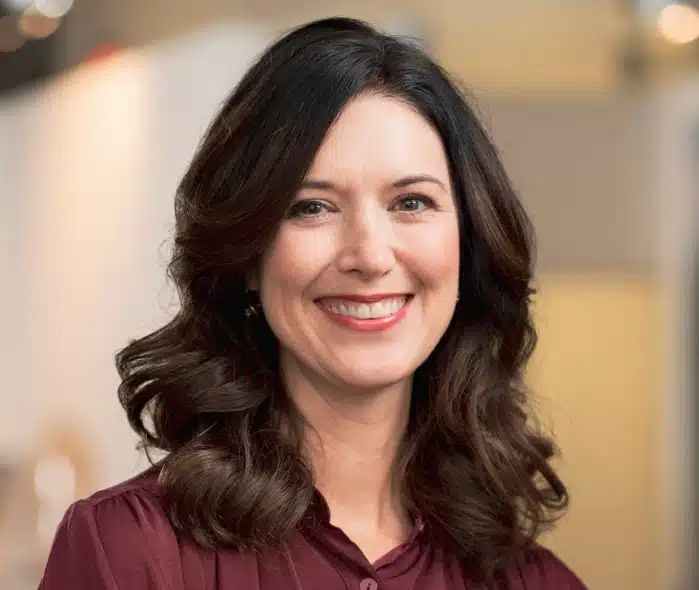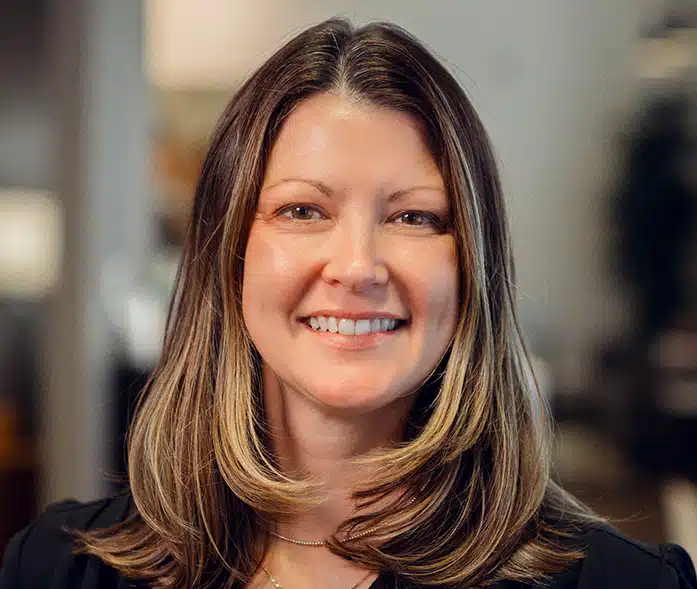Davis Powell’s keynote at the Missional AI Summit 2025
This post originally appeared on April 23, 2025, from Stéphane Hamelin's Substack. Stéphane runs a marketing agency that primarily serves churches and Christian organizations.
“You know what, Davis? It’s supposed to be a little tiring.”
That line—spoken to Davis Powell by an investor at a dinner—wasn’t flashy or polished. But it hit like truth often does: quietly and with weight. It stuck with him.
In an era obsessed with efficiency and optimization, it’s almost subversive to acknowledge that meaningful work is supposed to be tiring. Not burnout-tired. Not depleted-tired. But race-run-tired. That deep, aching satisfaction of having poured yourself into something that matters.
At the opening of the Missional AI Summit 2025 in Dallas, Powell, who runs Seed Company (Bible translation) didn’t come to dazzle with tech predictions or organizational success. He came with something more raw: a reflection on what it means to show up in this moment of history, not just as builders of systems, but as stewards of meaning.
We’re Here for a Reason
“God could have picked anyone in any generation to be in this room. But He picked us—for this moment in history.”
You don’t have to be religious to feel the weight of that sentence. There’s a calling embedded in it—whether you call it divine, historical, or simply human. It’s the sense that what we build today matters, that the tools we shape shape us in return. And that being in a room like this, with others who are asking questions about ethics, justice, and technology, isn’t accidental.
The age of AI doesn’t just demand technical excellence. It demands moral clarity.
Can You Still Notice?
In his reflection on Nehemiah—a biblical leader and builder—Powell draws attention not to the wall Nehemiah built, but to his posture before he built it:
“Are you a noticer?”
“Do you still see what’s happening around your team, your field, the world?”
In high-speed environments, noticing is radical. Being attuned to pain, joy, misalignment, momentum. It’s easier to stay heads-down, to optimize and ship. But Nehemiah’s first response wasn’t to build—it was to grieve. To pray. To wait.
What might change if we paused before acting?
Timing Matters. And So Does Restraint.
“Nehemiah didn’t need to shout from the rooftops everything the Lord had put in his heart.”
Some dreams are still marinating. And that’s okay.
Powell’s reminder is particularly relevant in a world addicted to visibility. We rush to announce, to post, to claim ideas. But discernment includes knowing when to speak. Some of the most impactful ideas need time in the soil before they bloom in the spotlight.
And when the time does come?
“Let us rise up and build.”
Build Anyway
“They mocked him. They opposed him. So he built.”
This is the refrain Powell wants us to remember. And it’s what makes this message resonate beyond faith boundaries.
In a culture of hot takes, criticism, and polarization, building is an act of courage. Even when we disagree. Even when we’re tired. Even when no one’s applauding.
And especially when there’s too much at stake not to.
The Bigger Picture: Beyond Ourselves
Powell shares stories of Bible translators in South Asia and Guatemala—some who spent 30 years working to bring sacred texts to their communities. Generations passed before those words arrived in full. But they kept going.
“This country says Buddha is the god. But Buddha is in the ground. Our God was in the ground, but He’s alive now.”
Whether you share Powell’s belief or not, the image is powerful: that there are people willing to give their lives to make something beautiful, transformative, and lasting—for others.
And that’s where the bridge is built between sacred and secular:
“There’s too much at stake to not give this everything we’ve got.”
You don’t need to believe in God to believe in purpose. Or in sacrifice. Or in building for those who come after you.
Final Reminder: The Hourglass Is Running
At the end of his talk, Powell pointed to an hourglass he’d set on stage:
“Ephesians 5 says: walk as the wise, not as the unwise, making the best use of the time… because the days are evil.”
But you don’t need to quote scripture to feel the urgency. We know time is passing. We know people are waiting—for access, for justice, for dignity. And we know that what we’re building—whether in faith or tech or community—either lifts others up… or doesn’t.
So, in the spirit of Powell’s charge:
Let’s build. Together. While there’s still time.








